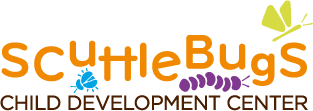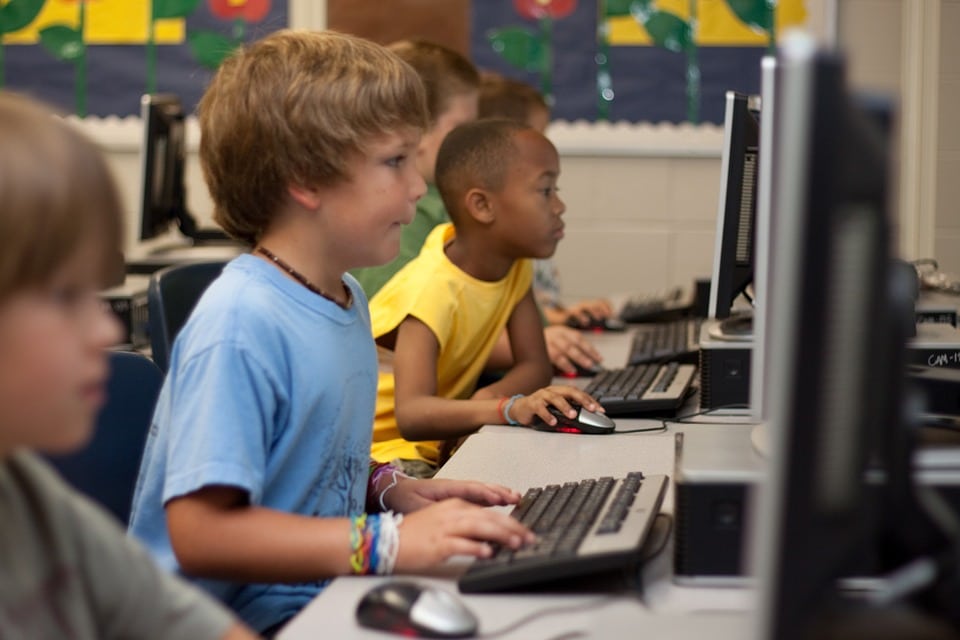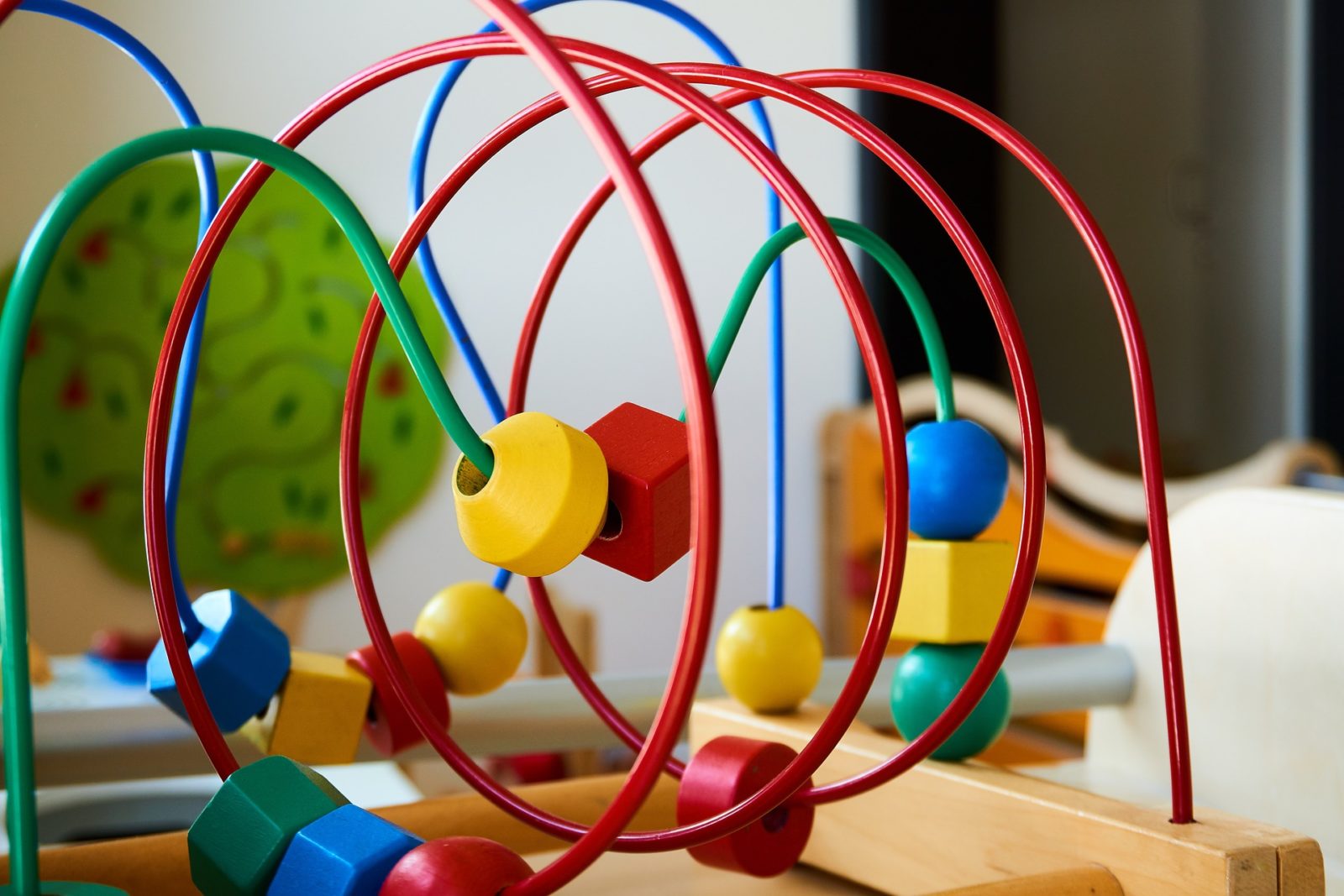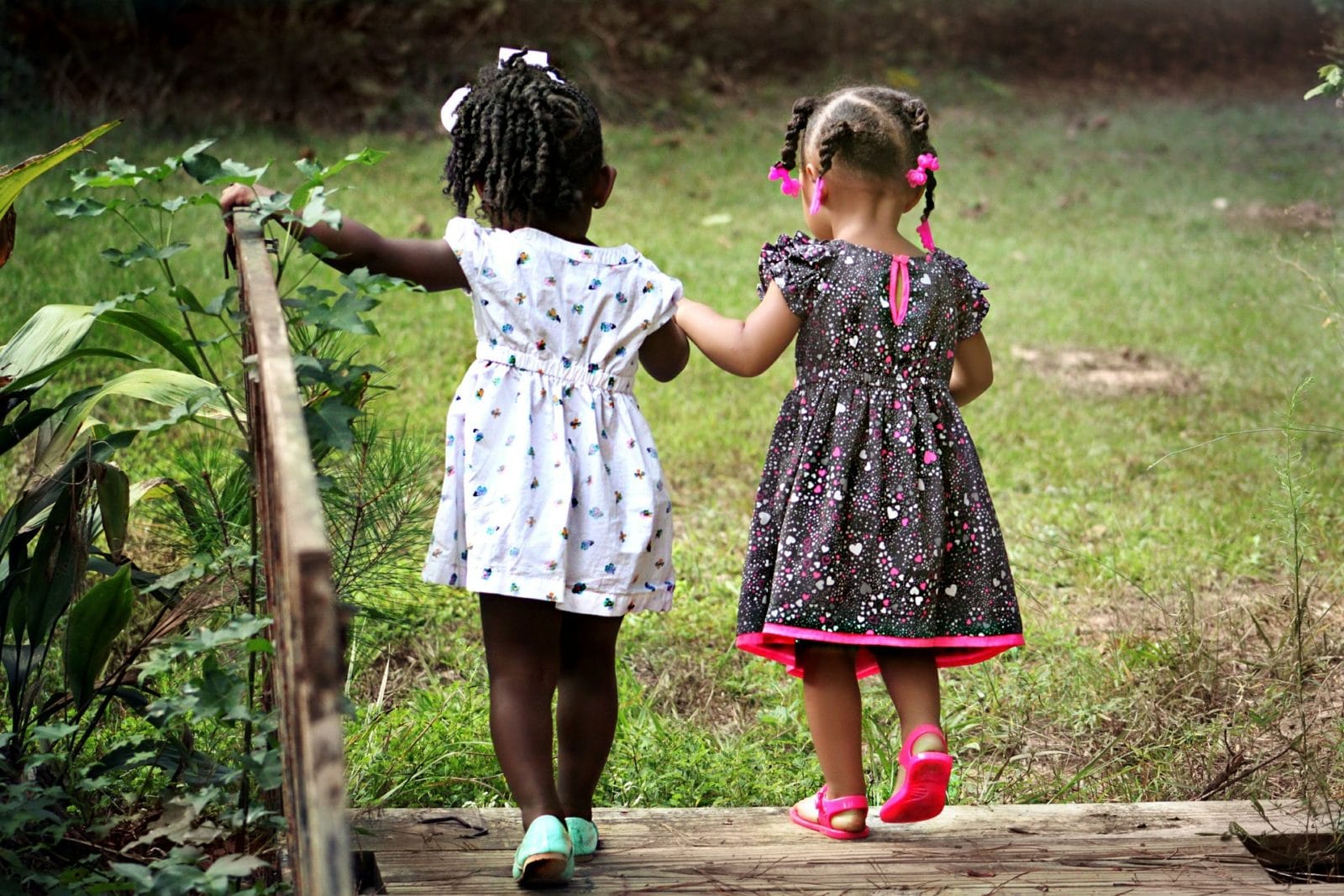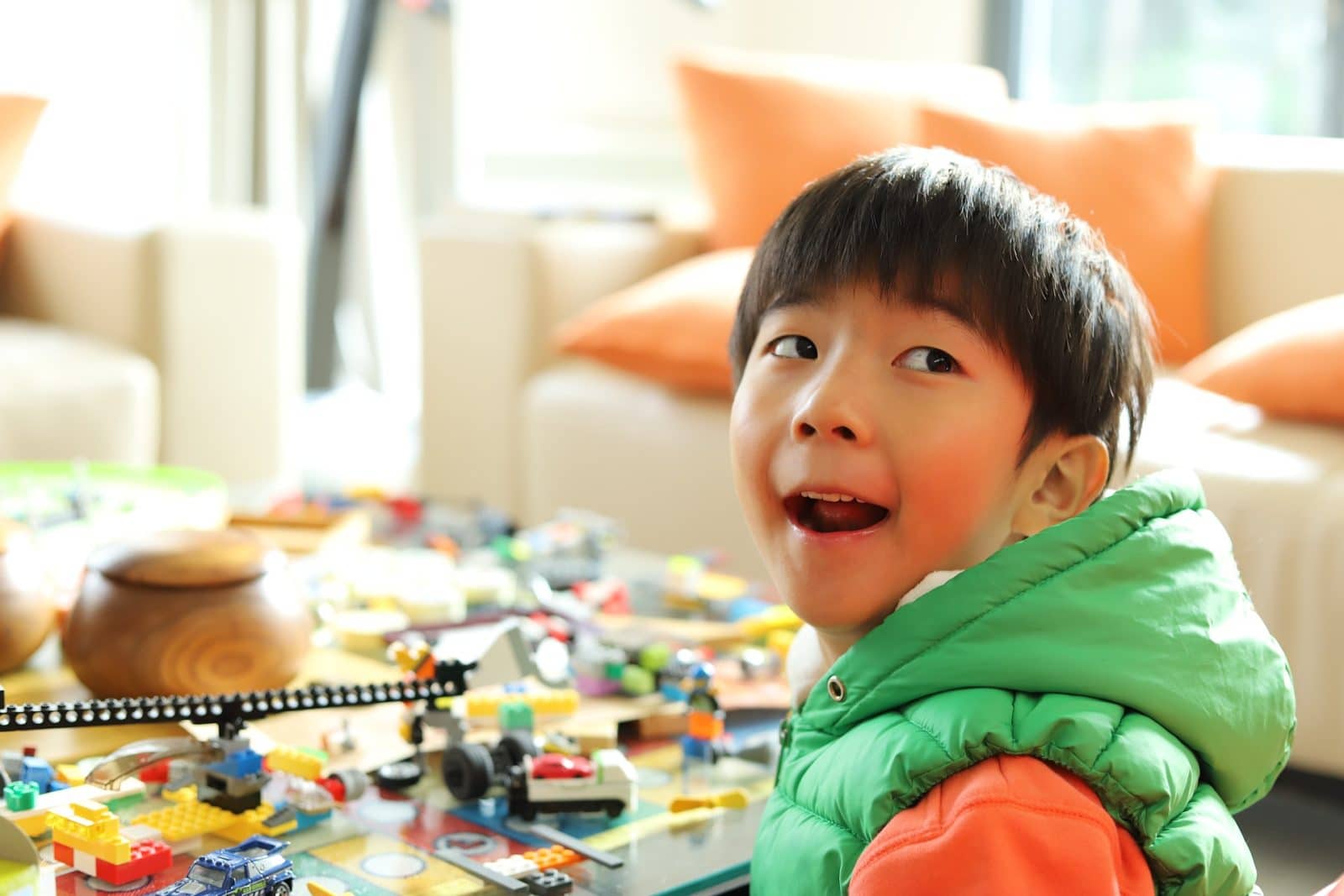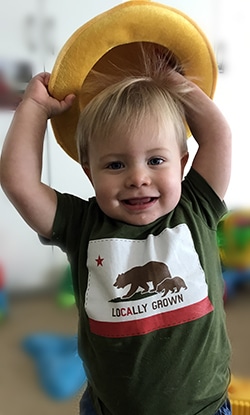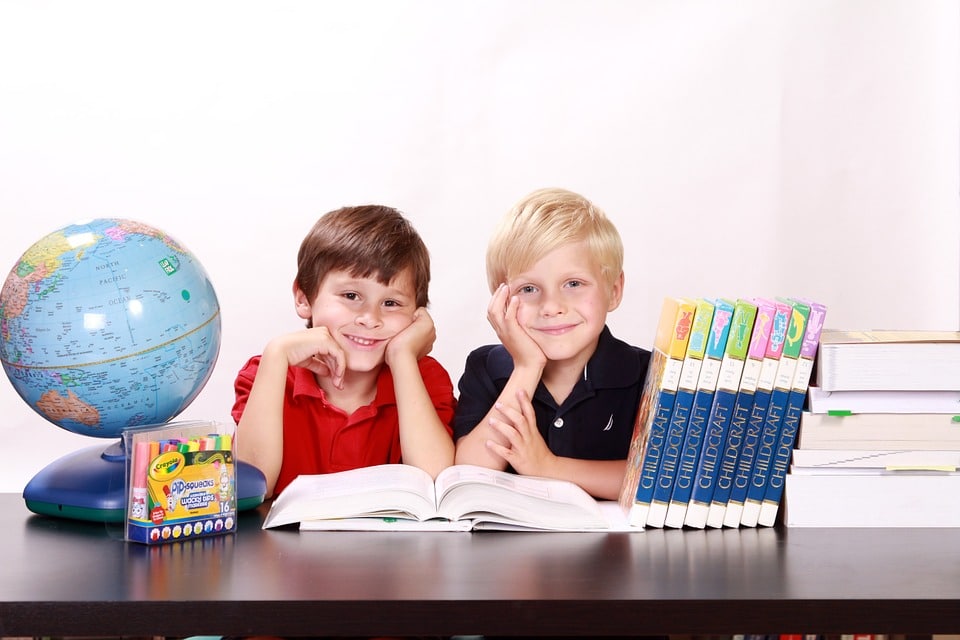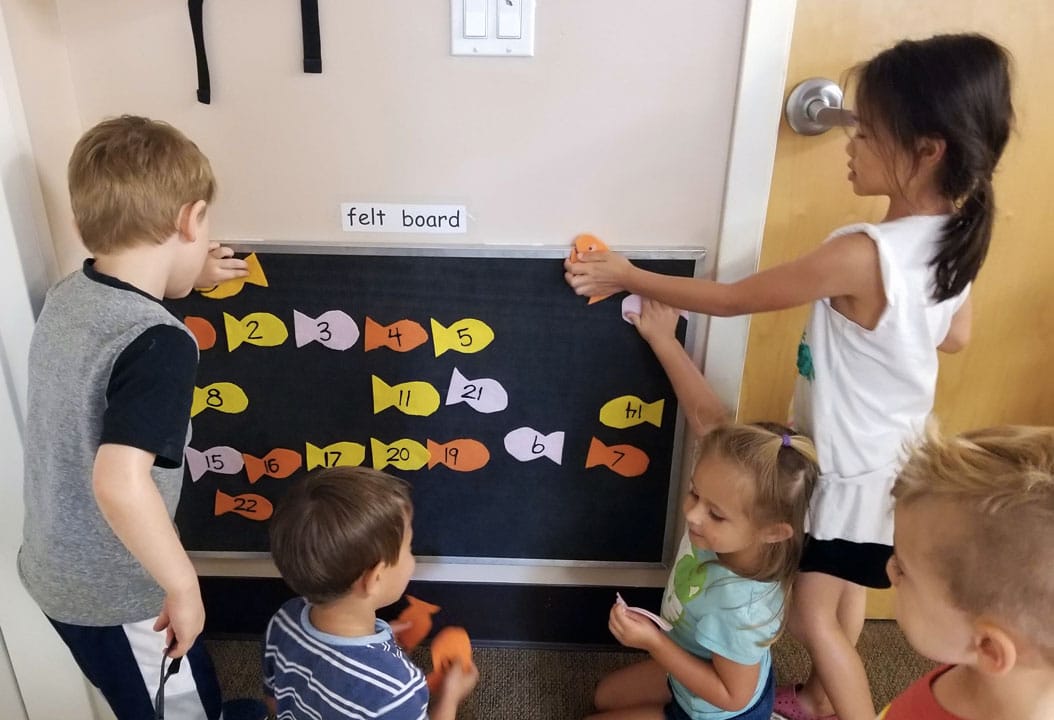It is my belief that the future our children will live and work in will be very different from the one we currently know. Innovation and technology, coupled with globalization, will only continue apace and change today’s world. As a mother, I find this rather exciting for my own children. As an educator, I am careful about the choices I make regarding how best to prepare young children for challenges they will encounter as they grow. Skills and a basic understanding of computer sciences will enable our children to be technologically and digitally literate.
Do you know of any good “third teachers”?
Our brains are complex organs that are constantly physically changing themselves. Throughout our lives, the brain re-wires itself based on new experiences and different environments. Creating rich environments in the early years, when development is taking place at a rapid pace, is very important.
Sustainable Development and Early Childhood Education
In my role as an Early Childhood Education (ECE) administrator with one foot in the political arena, I believed instantly that ECE would be one of the strongest paths available to us for reaching the goals set forth in the sustainable development agenda 2030. I have never shied away from advocating for the idea of investing more in ECE, creating genuine policy for ECE, and that strategic plans should be applied for better implementation of ECE programs at a national level throughout the world.
Facing the world with a good set of social and emotional skills in your toolbox
Emotional skills are a range of fundamental skills that allow us to confidently respond to people and changing situations. Learning to manage the way we respond to events and our ability to communicate effectively is essential for both organizational change, and for managing personal change.
Play Time is Lost Time? Think Again!
I took my children to the movies this past week to see the newest installment in the “Toy Story” franchise. I have always appreciated these movies for the manner in which they capture the innocence of childhood and the importance of play wrapped into an entertaining package for both adults and children to enjoy.
The Common Core: Part III. Implementation in California
Prior to the adoption of Common Core in 2010, California used their own state standards and assessed student performance using the California Standards Tests (CST). Although it adopted common core along with 41 other states in 2010, California opted to not begin using Common Core until the 2014-15 school year.
The Common Core: Part II
What is Common Core? Common Core is a set of standards that students are expected to learn in the subjects of English and Mathematics at the end of each grade in elementary and high school (K-12).
The Common Core Part I
The Common Core Standards Initiative known more widely as “Common Core” was introduced into the nation’s public schools almost a decade ago however many people still have a very poor or rudimentary understanding of what it is and how it has affected the nation’s school systems.
Let‘s talk Literacy!
By the time children begin kindergarten, they should have already acquired the general basis of their language skills. Let us be clear about one thing: language acquisition and language development are the keys to later literacy development, and many of the everyday childhood experiences provide children with knowledge and skills essential to the development of literacy.
Why it’s important to update your Curriculum
We know childcare sets children on a path, and there is a wealth of studies that demonstrate these benefits. Key findings are reasonably consistent across these studies, and show quality early childhood programs yield benefits in academic achievement, behavior, educational progression and attainment, delinquency and crime, and labor market success, among other domains. …
